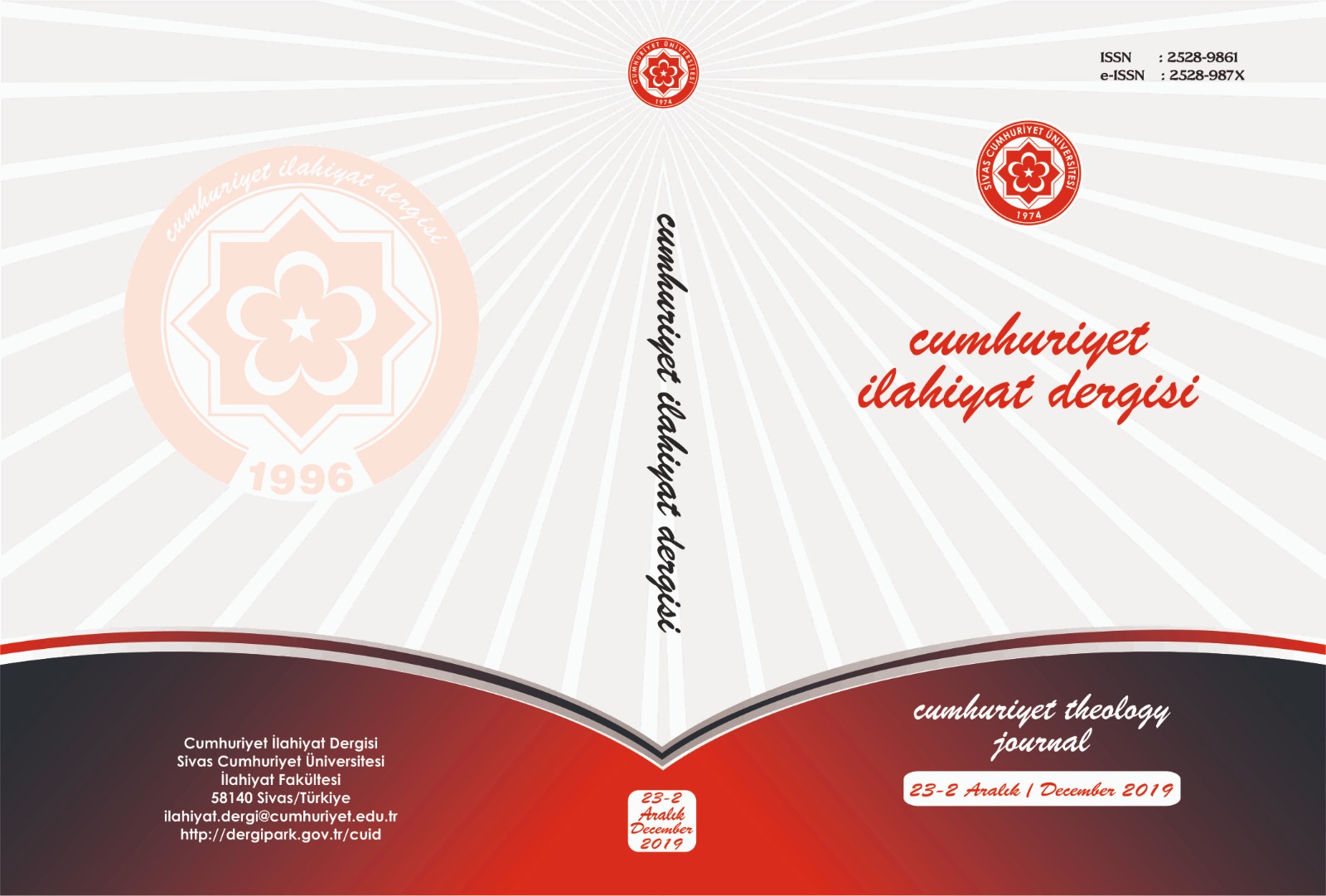Memlûkler Dönemi Hanefî Fıkıh Düşüncesinin İlk Dönem Osmanlı Fıkıh Çalışma-larına Etkisi
The Effect of Hanafī Fiqh Thought on the Early Ottoman Fiqh Studies in the Mam-lūk Period
Author(s): Bekir KaradağSubject(s): Philosophy, Education, Islam studies, The Ottoman Empire
Published by: Cumhuriyet Üniversitesi İlahyat Fakültesi
Keywords: Fiqh; Hadīth; Hanafī School; Method of mamzûc (mixed); Mamlūks Period; Ottomans;
Summary/Abstract: This article examines the influence of the Hanafī philosophy of the Mamlūk period on the early Ottoman fiqh studies. Since the Egyptian and Damascus regions, which were under the rule of the Mamlūks, became the most important centres of knowledge in the Islamic world, it is understood that the Mamlūks’ scientific knowledge was superior to the Ottomans. On this occasion, many scholars who were considered the leading figures of the Ottoman scientific community turned to Egypt and Damascus regions and benefited from the scientific accumulation there. In fact, these scholars who played an active role in the formation of the Ottoman scientific environment completed their education in Damascus and Egypt under the rule of the Mamlūks and graduated from the Mamlūk education system and assumed important roles in the formation of the Ottoman science understanding. During this period, the Hanafī judges (fuqahāʾ), who were active in the Mamlūk community, contributed to the development of the leading names of the Ottoman scientific community and this thought had an impact on their understanding of science. In this context, it is possible to say that the fiqh studies of the Ottomans in the first period were influenced by the Mamlūk Hanafī who had their characteristics. The two main characteristics of Hanafī thought in the Mamlūk period, the hadīth-centred juristic (fiqh) idea and the method of mamzûc (mixed) fiqh style are also seen in Ottoman fiqh works.
Journal: Cumhuriyet İlahiyat Dergisi
- Issue Year: 23/2019
- Issue No: 2
- Page Range: 813-829
- Page Count: 17
- Language: Turkish

